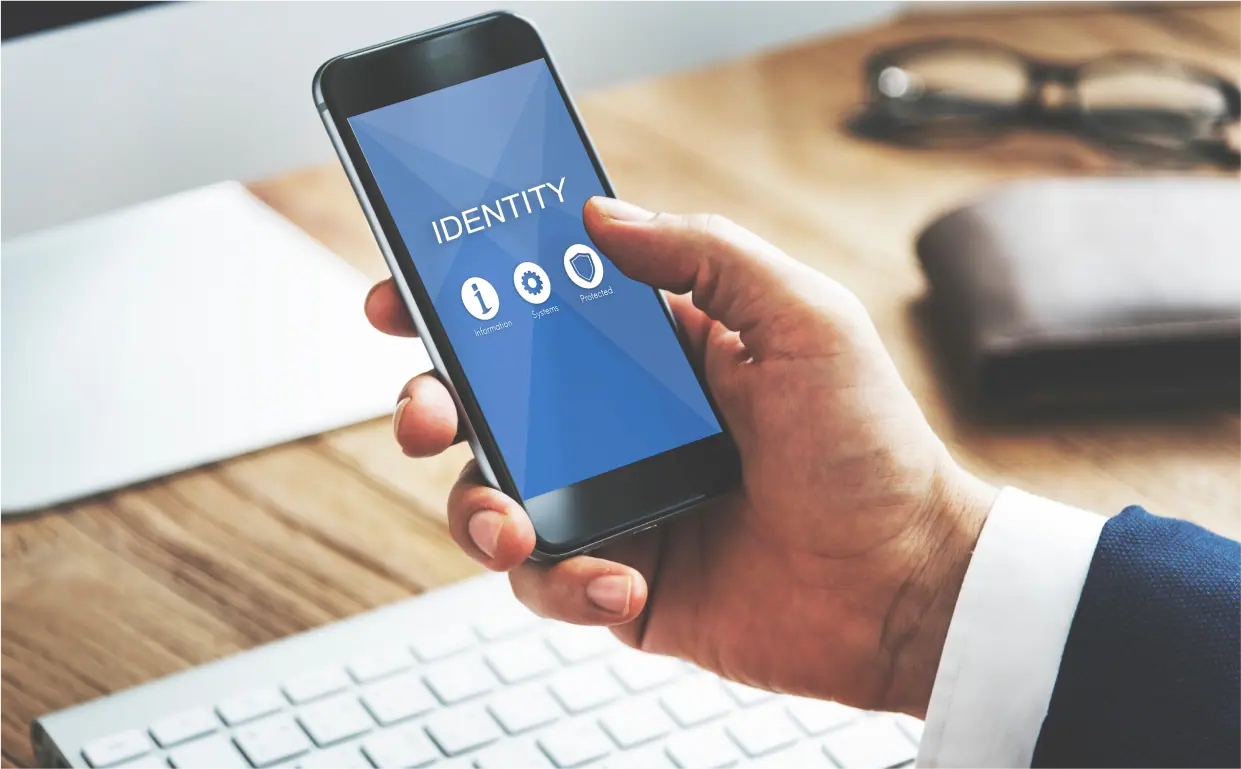He has been an integral part of the tech department at Saffron for the last 7 years in the capacity of a Project Coordinator. With a strong educational background in graphics and computers, he has been instrumental in seamless conduction of multiple technical projects. Throughout his career, Praveen has demonstrated an exceptional ability to oversee and streamline project activities, ensuring efficient execution and optimal resource utilization. With his strong project management skills and attention to detail, he has consistently ensured smooth coordination and efficient delivery of projects.
His technical acumen and attention to detail enable him to navigate intricate project requirements and deliver innovative solutions. He remains up-to-date with the latest industry trends and emerging technologies, leveraging this knowledge to drive continuous improvement in project execution. With a focus on delivering successful outcomes, he ensures that projects are delivered within budget and meet or exceed client expectations.

